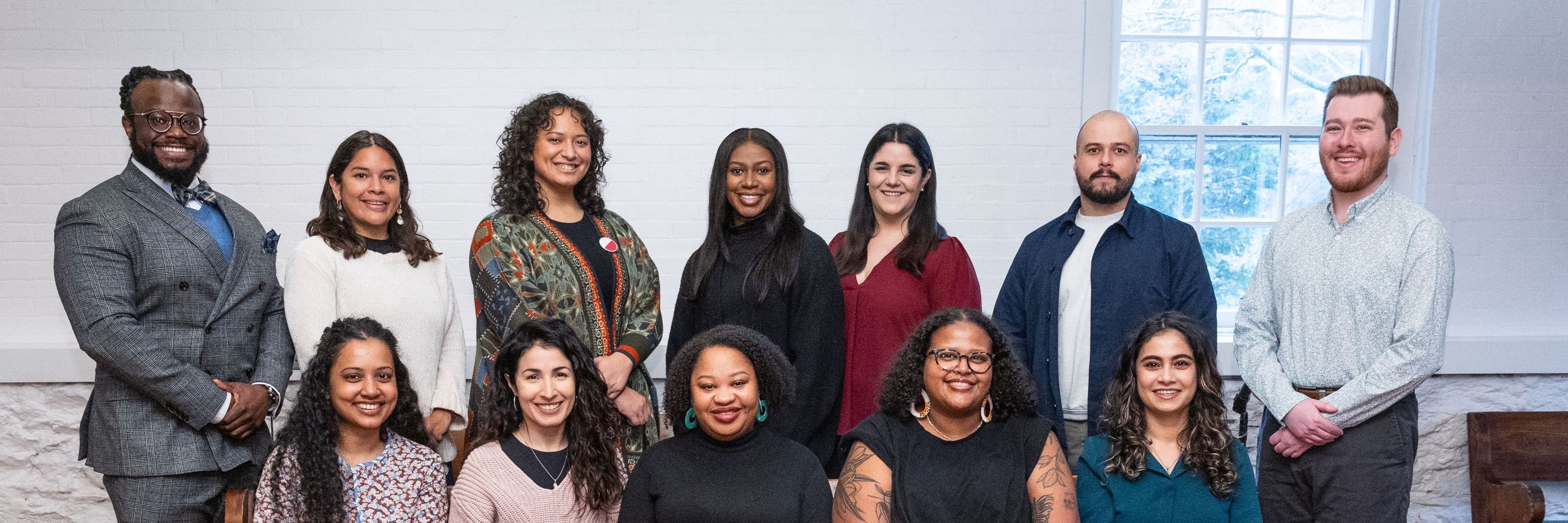
https://agentsofchangeinej.org/
👉 Read the essay: agentsofchangeprogram.substack.com/p/from-the-v...
👉 Read the essay: agentsofchangeprogram.substack.com/p/from-the-v...
That’s almost half the planet.
That’s almost half the planet.
👩🏽🔬 @columbiauniversity.bsky.social Mailman School of Public Health
👩🏽🎓 @ucsantabarbara.bsky.social
🌱 Silent Spring Institute
🎥 LA Grit Media
💜@ bwwla.bsky.social
Learn more abput it here: takingstockstudy.org

👩🏽🔬 @columbiauniversity.bsky.social Mailman School of Public Health
👩🏽🎓 @ucsantabarbara.bsky.social
🌱 Silent Spring Institute
🎥 LA Grit Media
💜@ bwwla.bsky.social
Learn more abput it here: takingstockstudy.org
👉 Stronger policies + transparency in labeling are needed to protect all communities.
👉 Stronger policies + transparency in labeling are needed to protect all communities.
👉Black women who avoided fragrance had less than half the levels of a phthalate metabolite.
👉Latinas who avoided oxybenzone (a sunscreen chemical) had much lower levels in their bodies.
👉Black women who avoided fragrance had less than half the levels of a phthalate metabolite.
👉Latinas who avoided oxybenzone (a sunscreen chemical) had much lower levels in their bodies.
They compared results with each woman’s shopping habits.

They compared results with each woman’s shopping habits.
📖 Read Dr. Joe-Gaddy’s full essay via Substack: agentsofchangeprogram.substack.com/p/from-the-v...

📖 Read Dr. Joe-Gaddy’s full essay via Substack: agentsofchangeprogram.substack.com/p/from-the-v...


